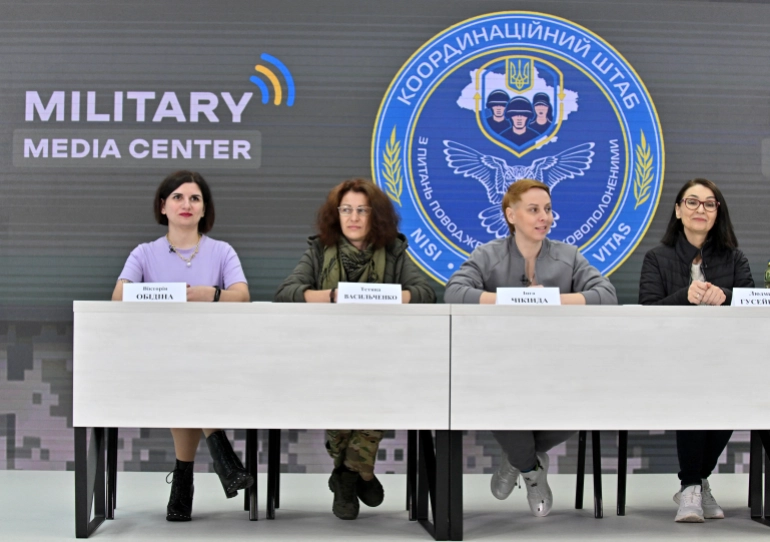
In May, 26-year-old Ukrainian military nurse Viktoria Obidina was forced to part with her four-year-old daughter.
“I was glad she wasn’t near me,” she told Al Jazeera, describing how she trusted a total stranger to take Alisa away on a bus.
Mother and daughter were in a filtration camp for Ukrainian prisoners of war captured in the southern city of Mariupol, and Obidina was about to be whisked away to a Russian detention centre.
“They could have tortured me near her or could have tortured her to make me do things,” she explained matter-of-factly.
“They” were the Russian servicemen and pro-Russian separatists who interrogated her and roughly 1,000 Ukrainians who emerged from Azovstal, a huge steel plant that was the last Ukrainian holdout in besieged Mariupol.
Azovstal withstood almost three months of constant attacks, and its defenders left their underground bunkers only after a direct order from Kyiv.
The separatists threatened to sentence some servicemen to death and kept them in concentration camp-like conditions for months, just as they do with thousands of other Ukrainian prisoners of war.
Some of the POWs are women. And some have been subjected to starvation, torture and sexual humiliation, Ukrainian officials and former POWs say.
“These people hold nothing sacred,” said Inga Chikinda, a Lithuania-born marine who was among 108 servicewomen and civilians released on October 17 in a POW swap.
“There were times when we were starving,” Chikinda told Al Jazeera. “We were not treated like humans.”
She lost 8kg (17.6 pounds) in one of the Russian jails.
Their captors kept them away from non-Russian news outlets and any contact with their relatives and Ukrainian officials.





















